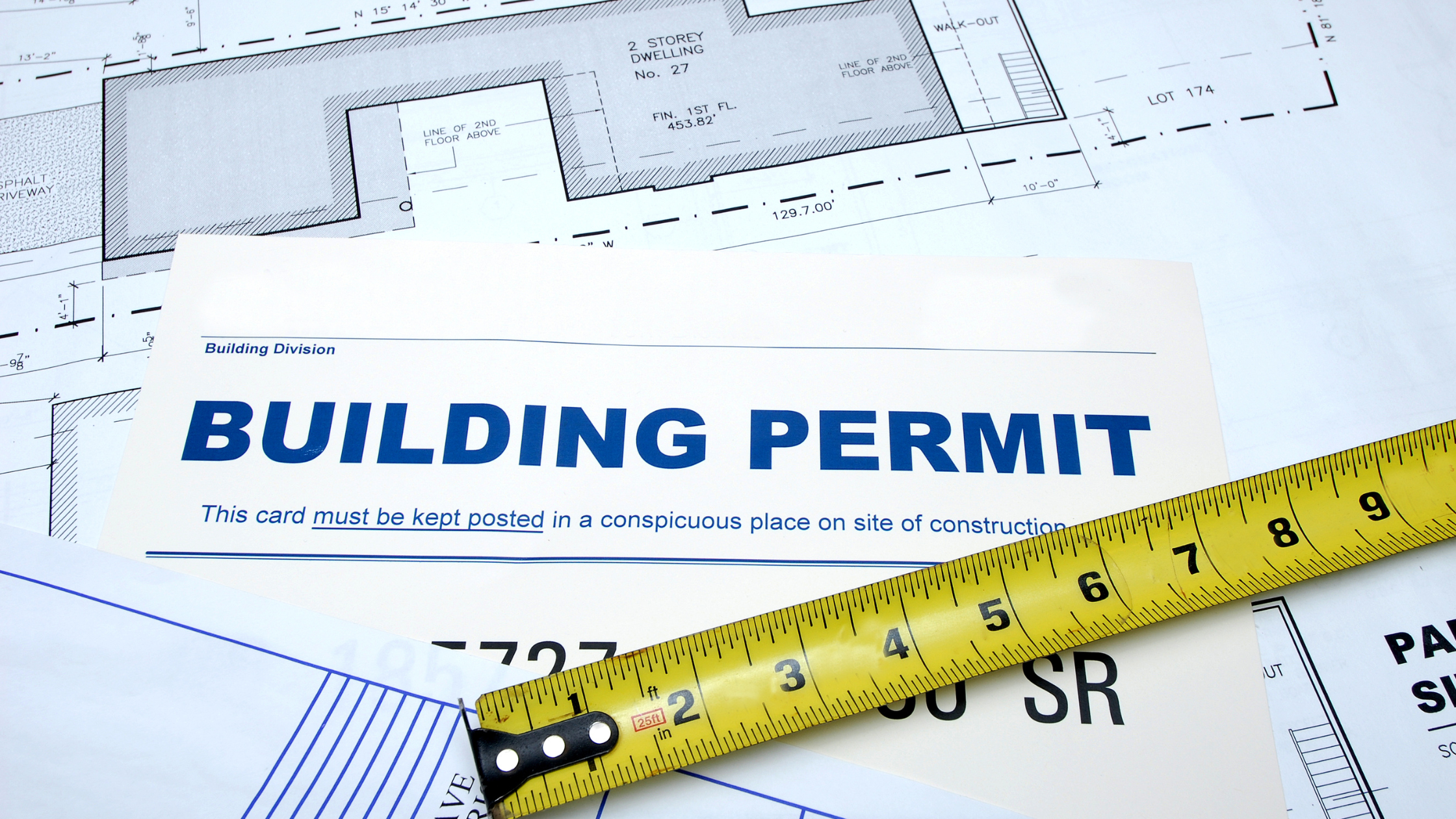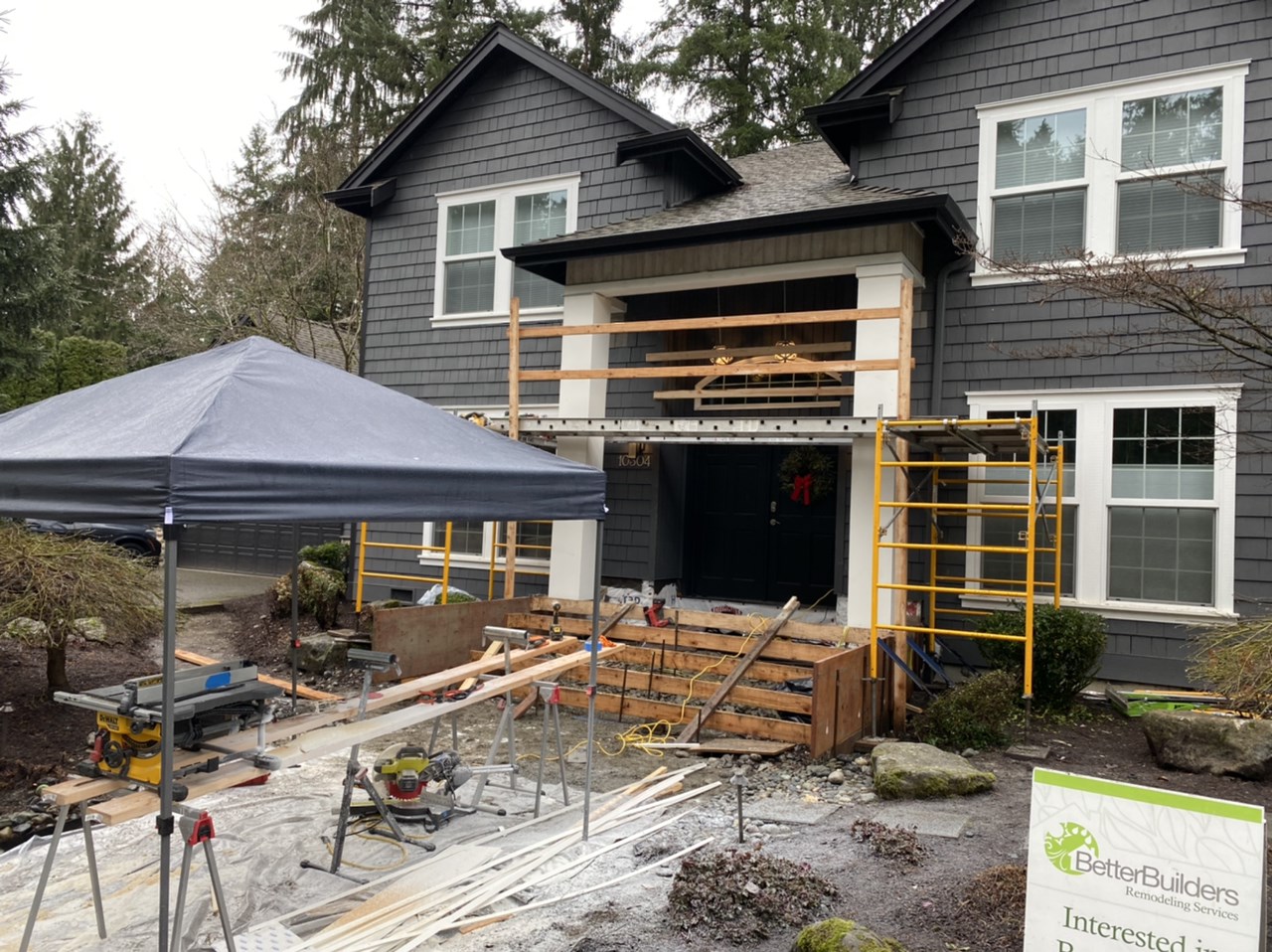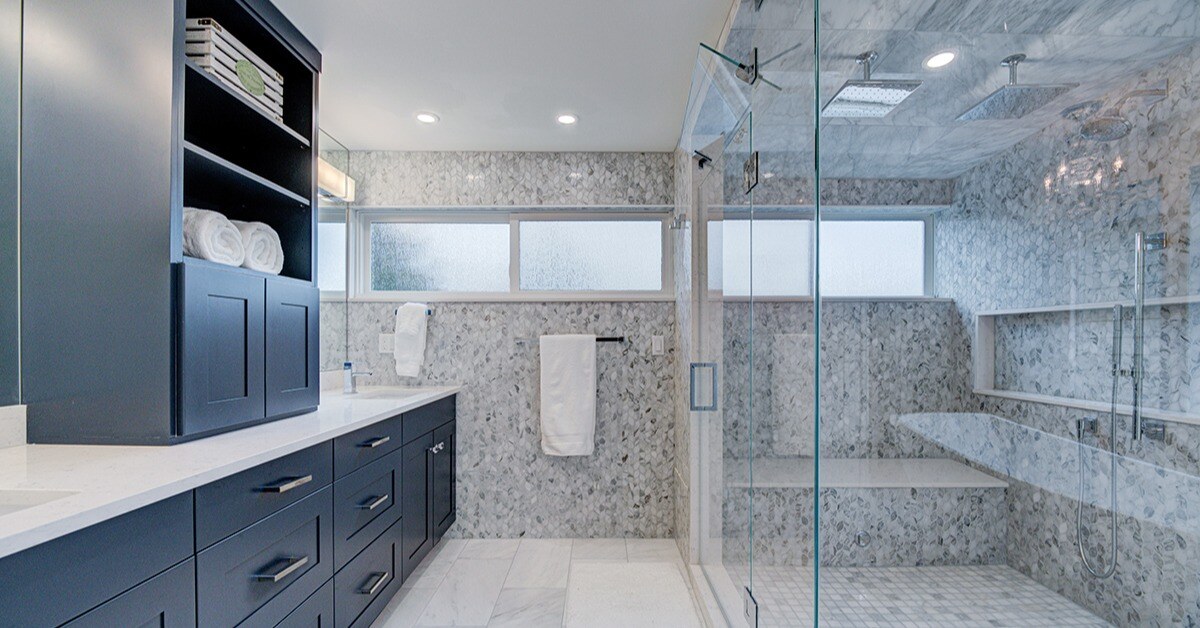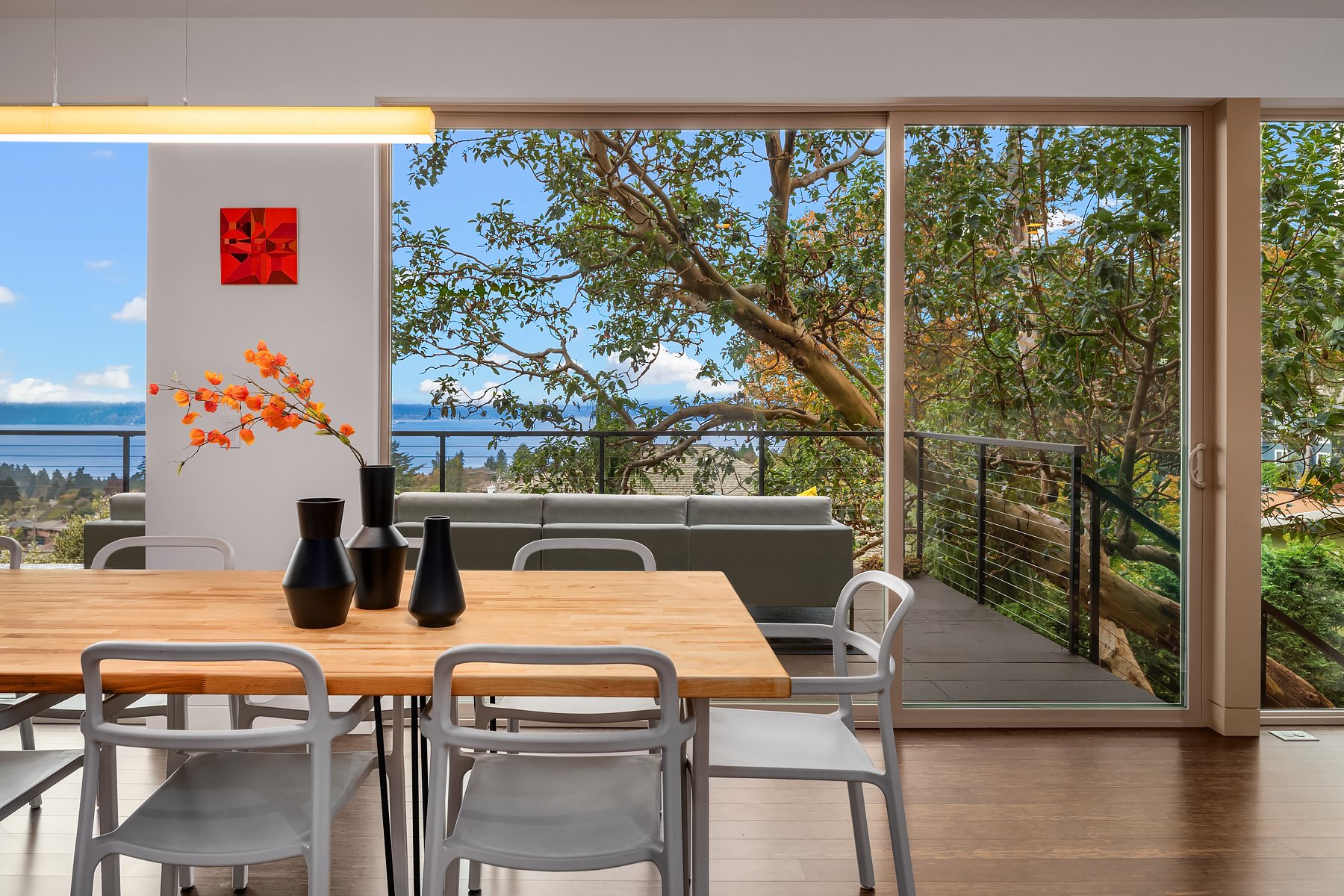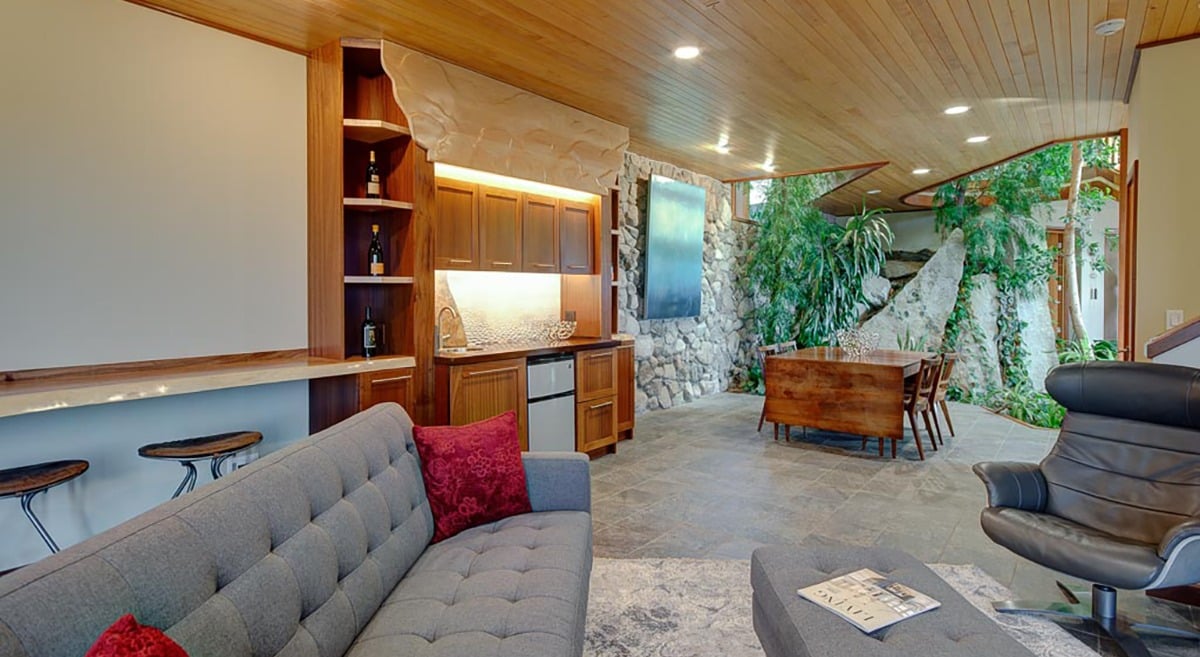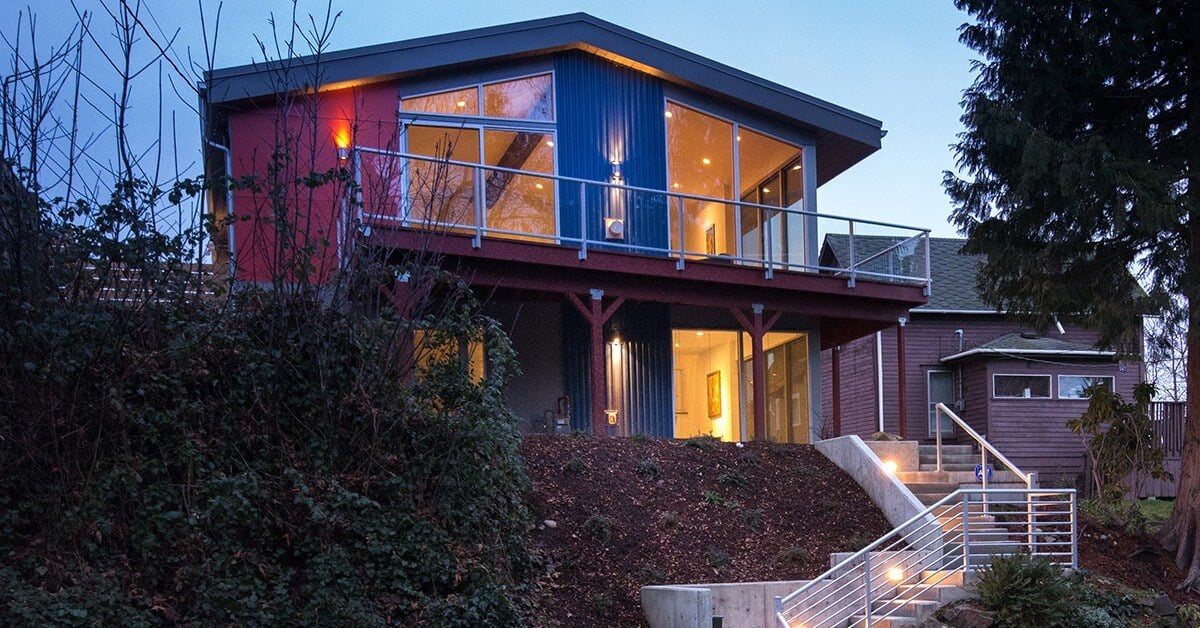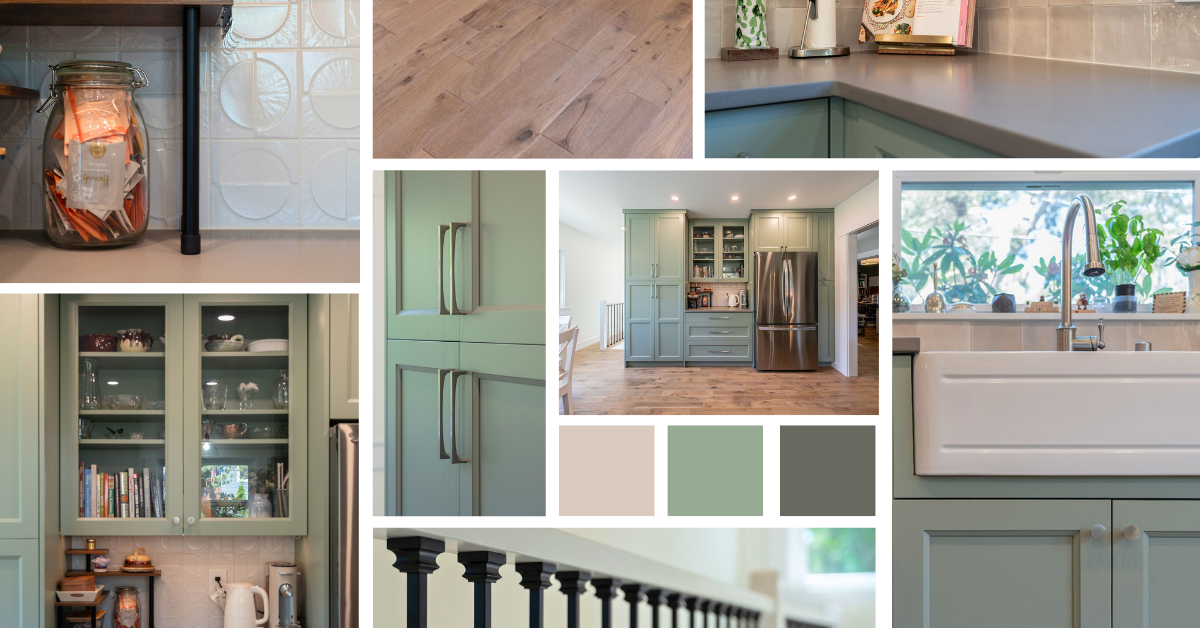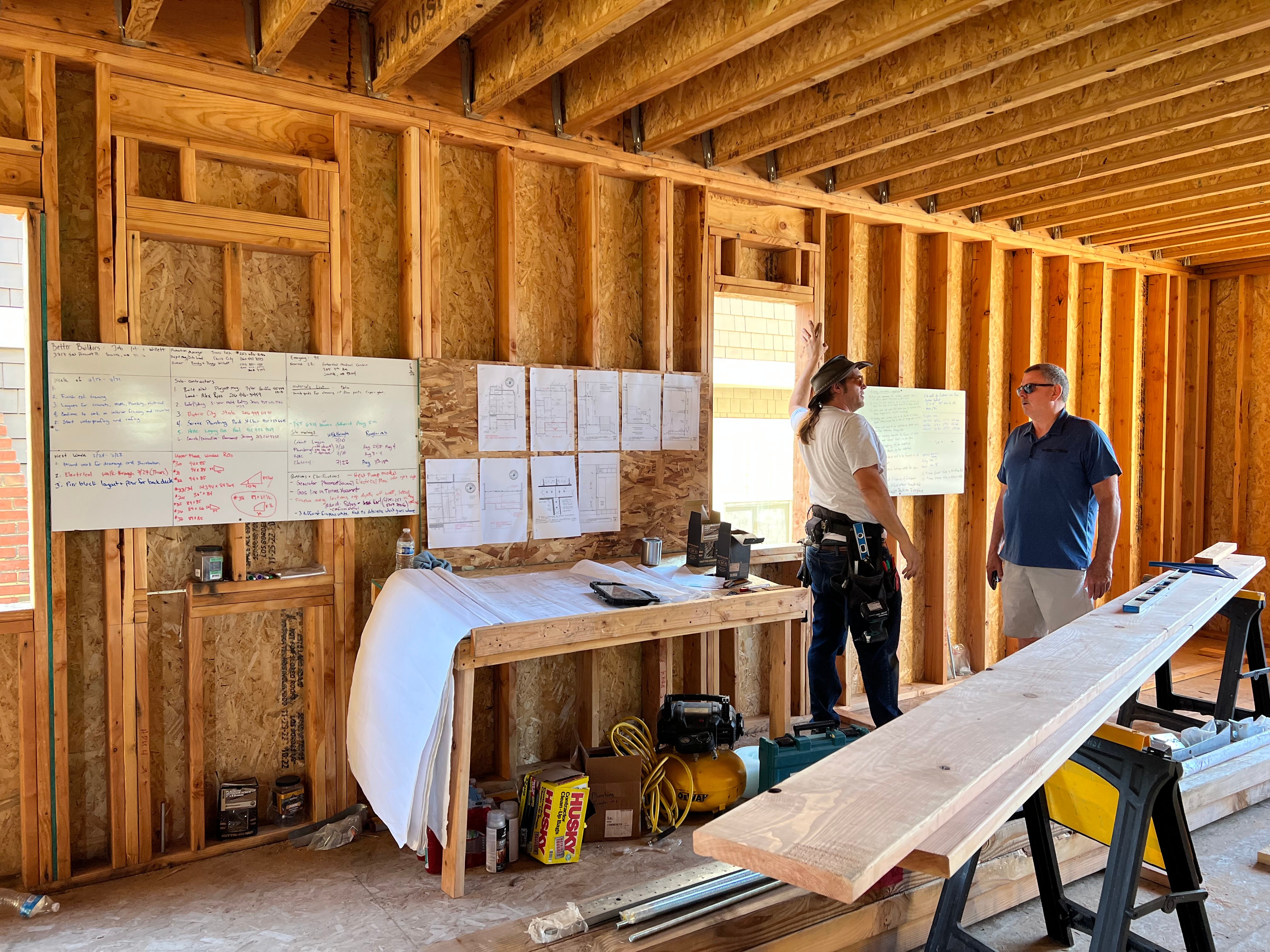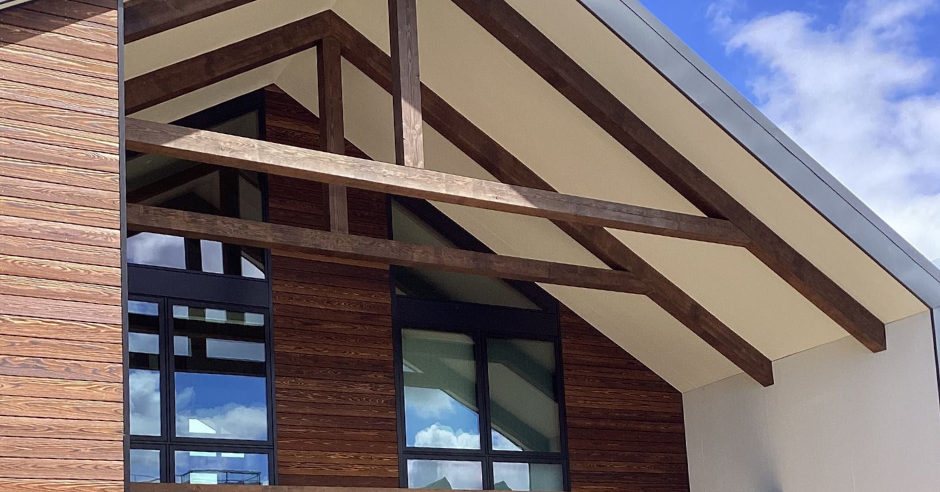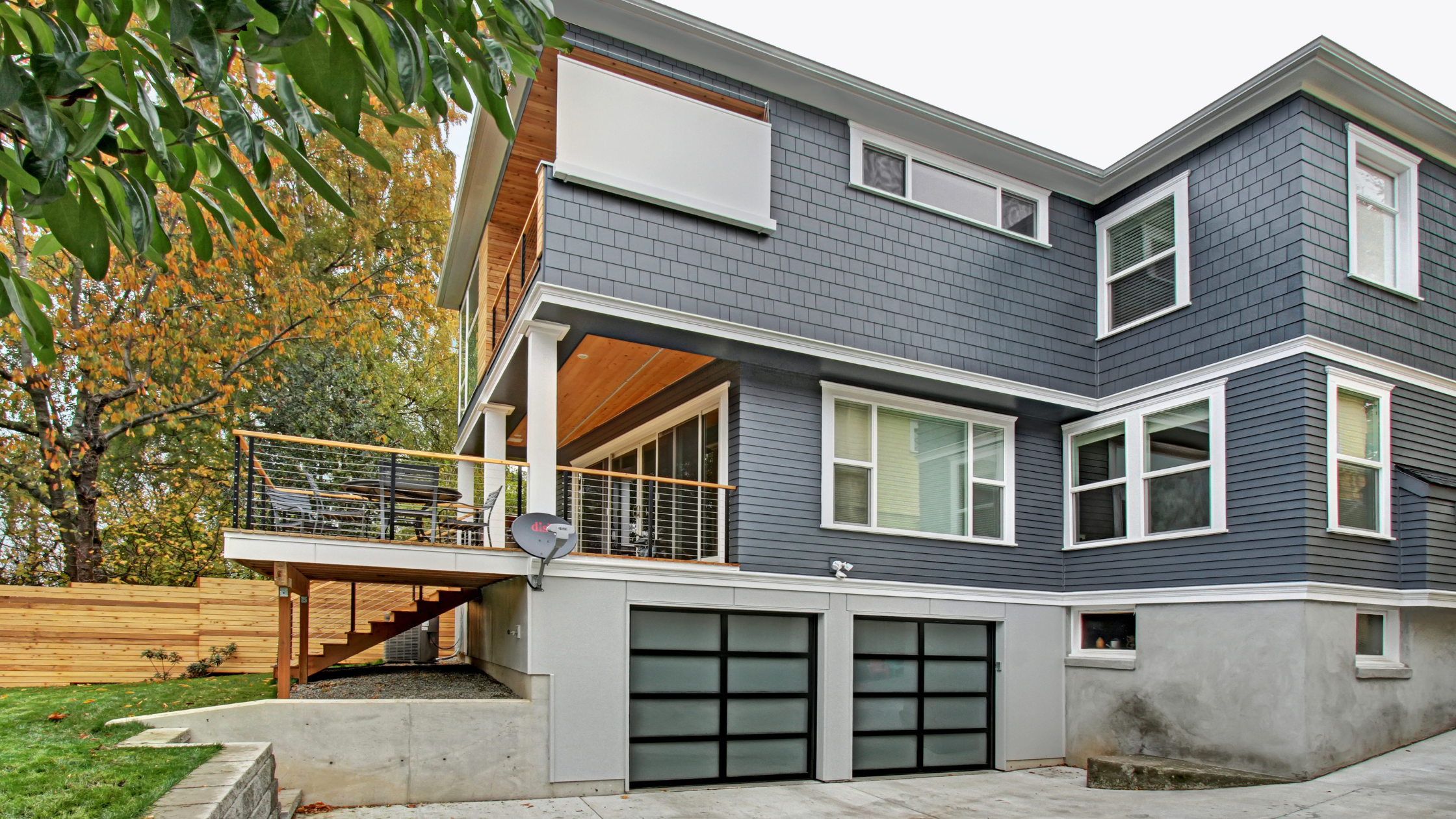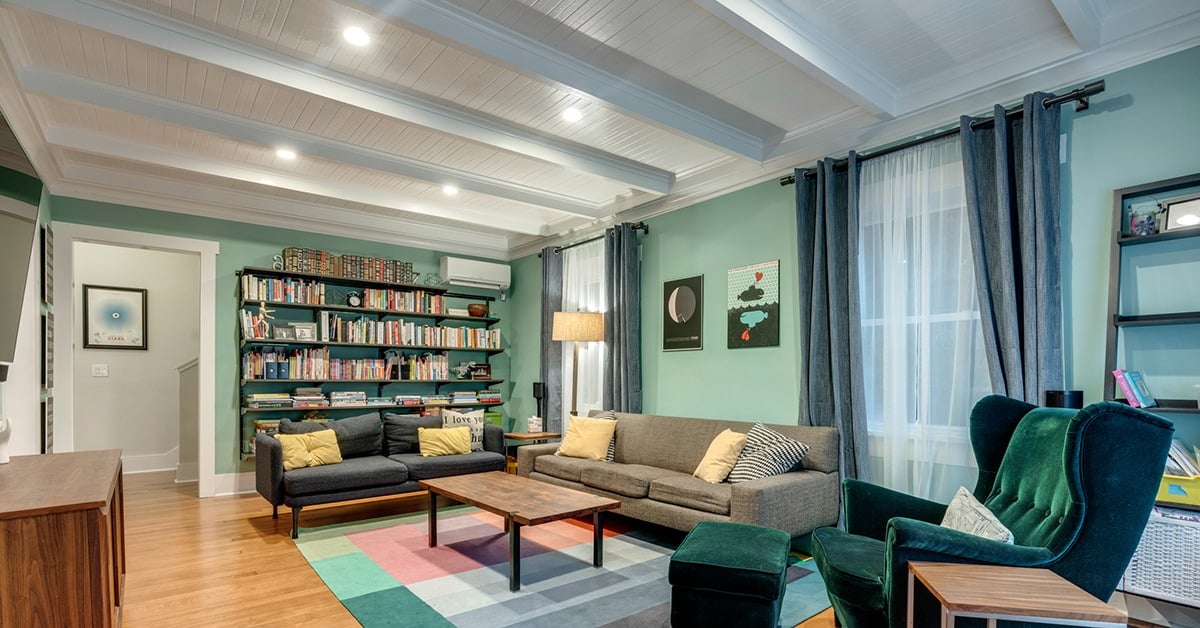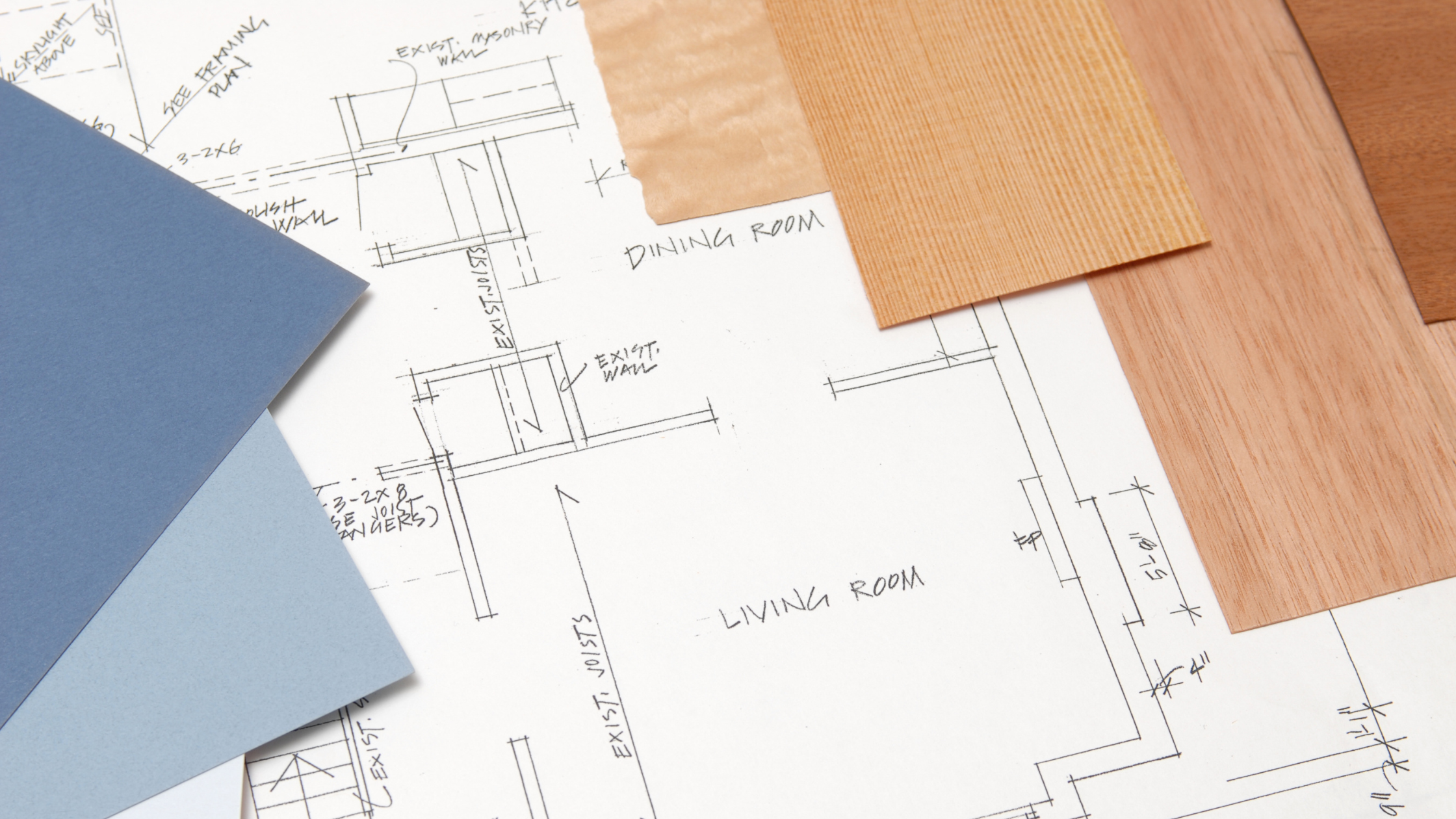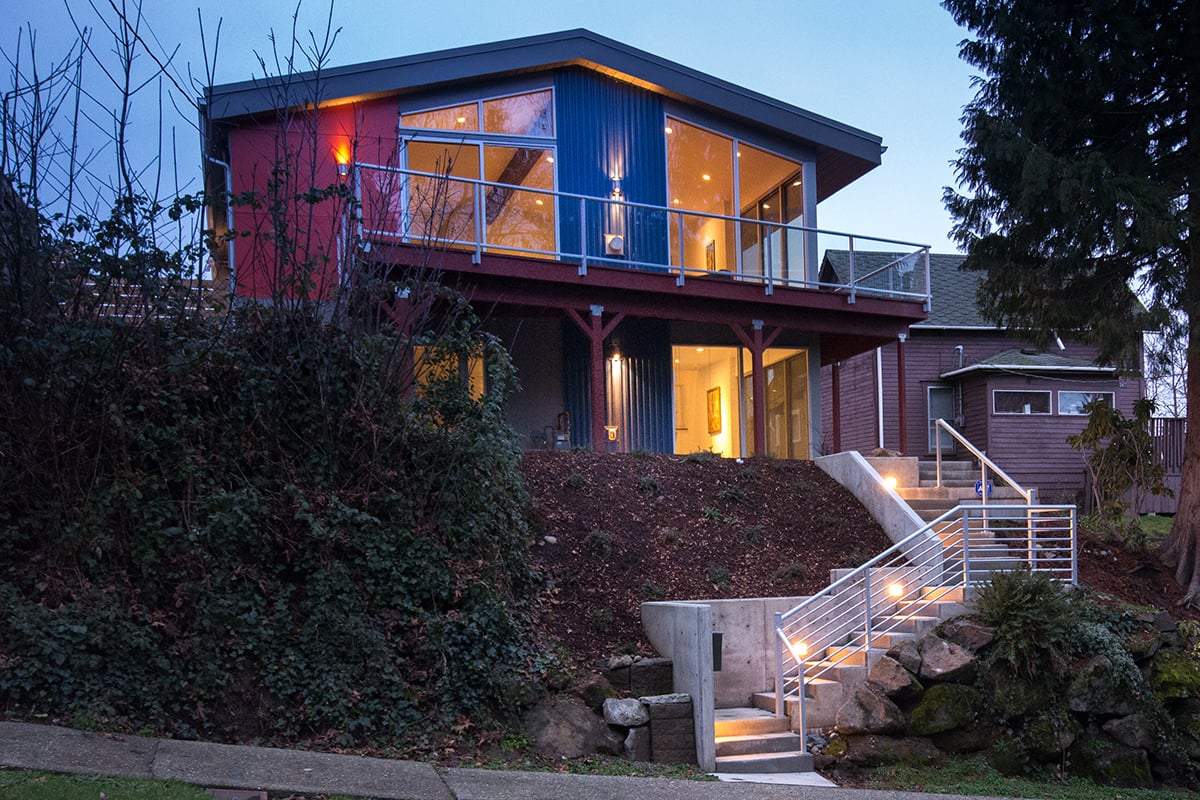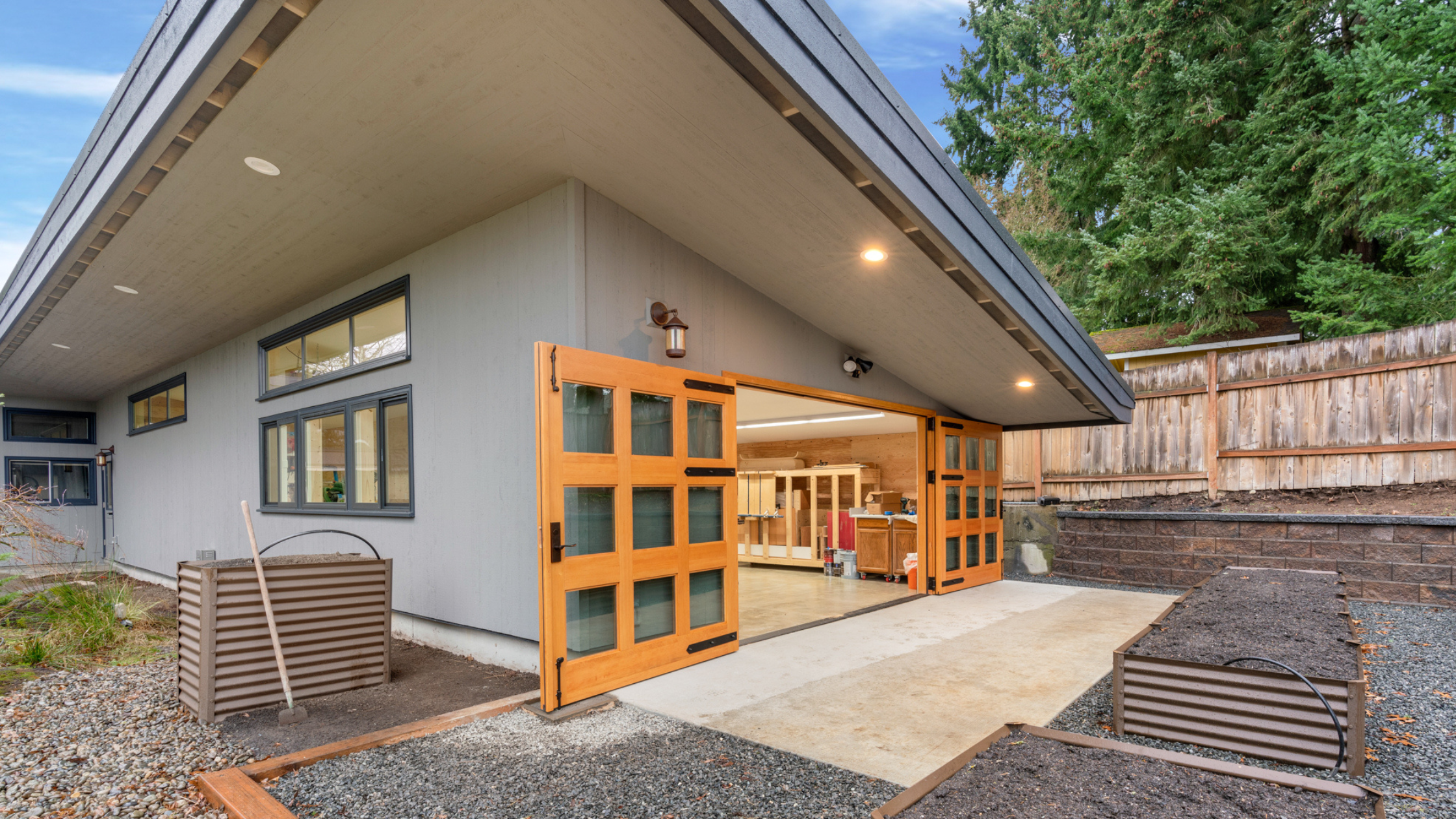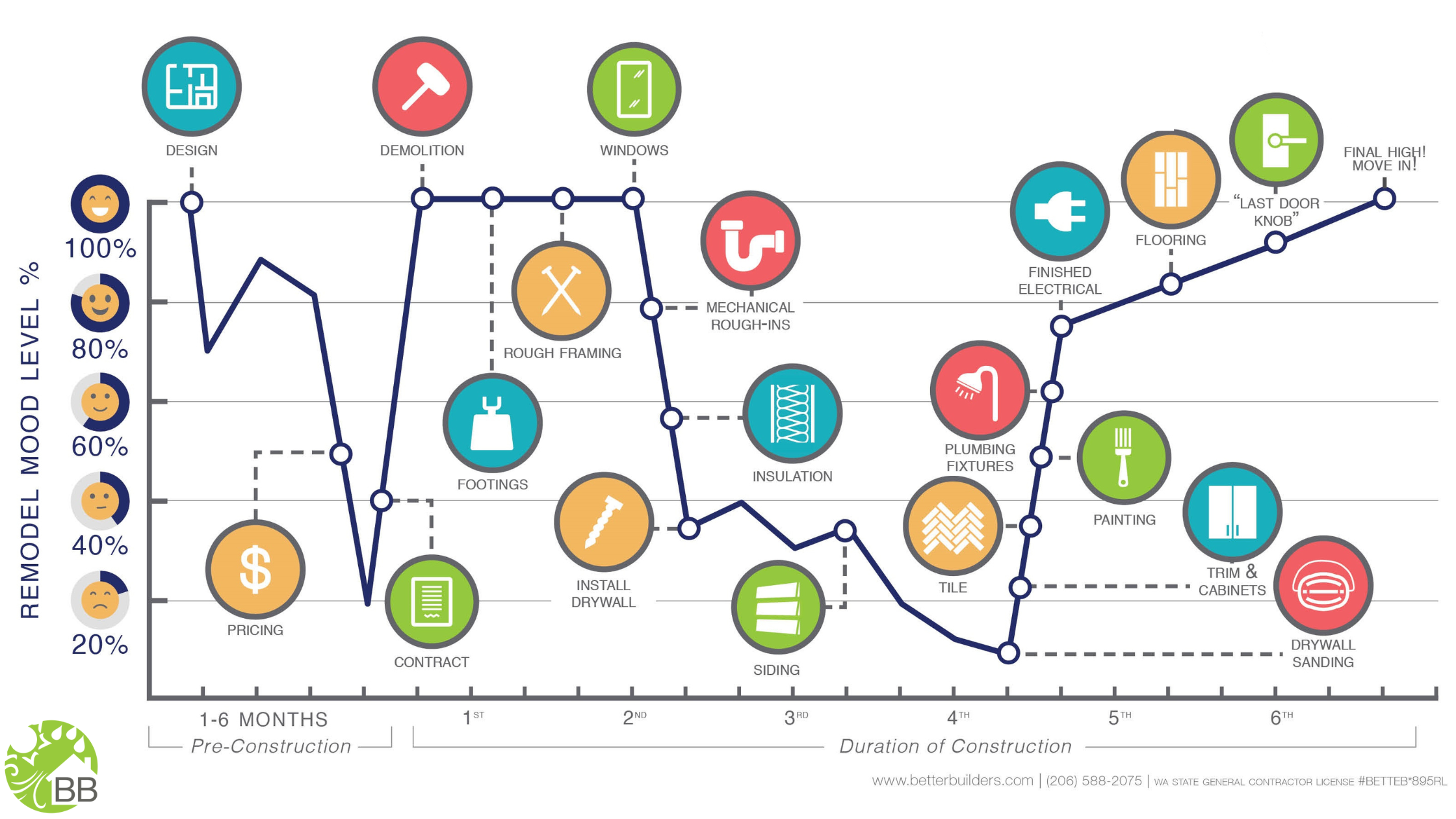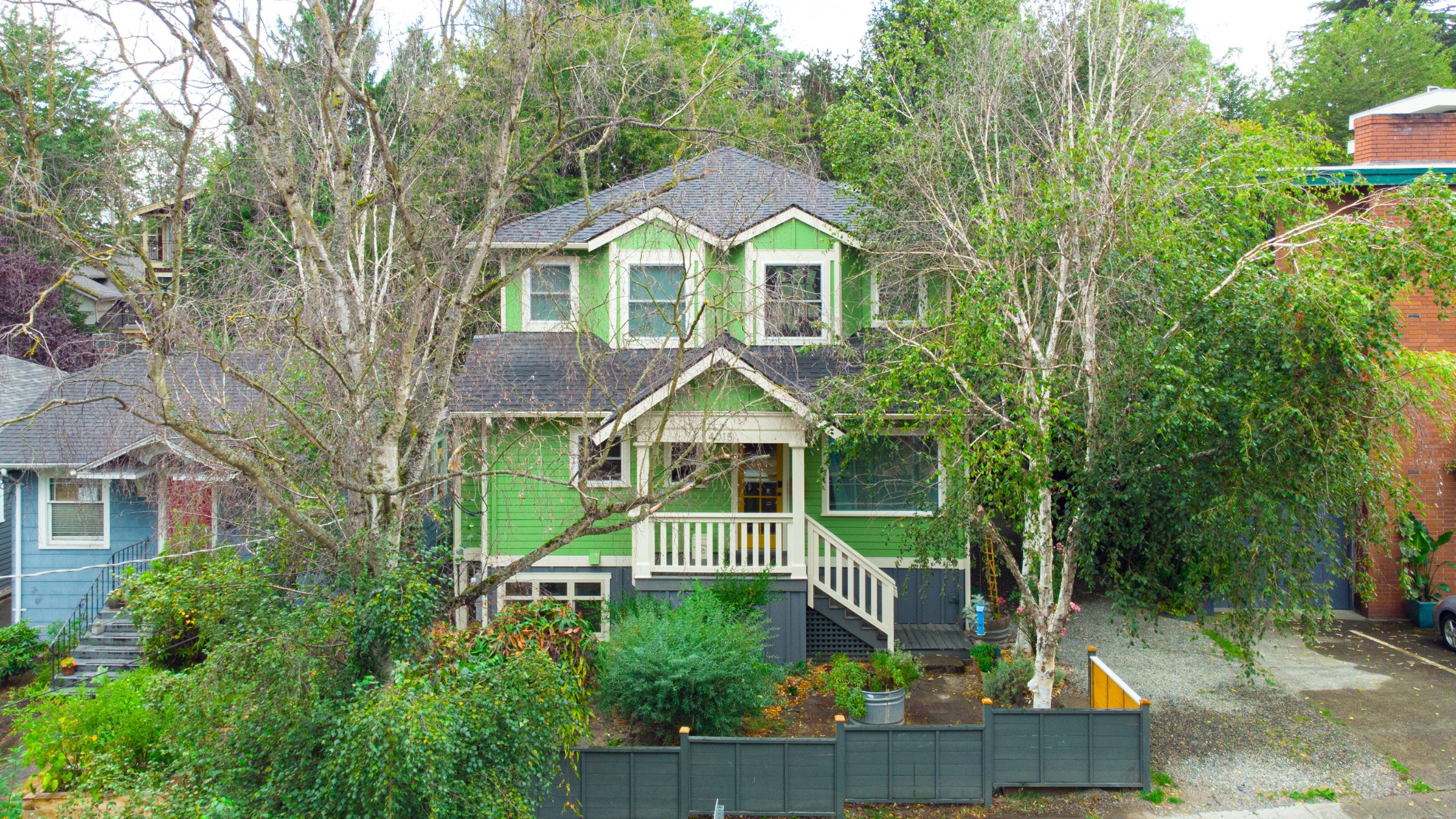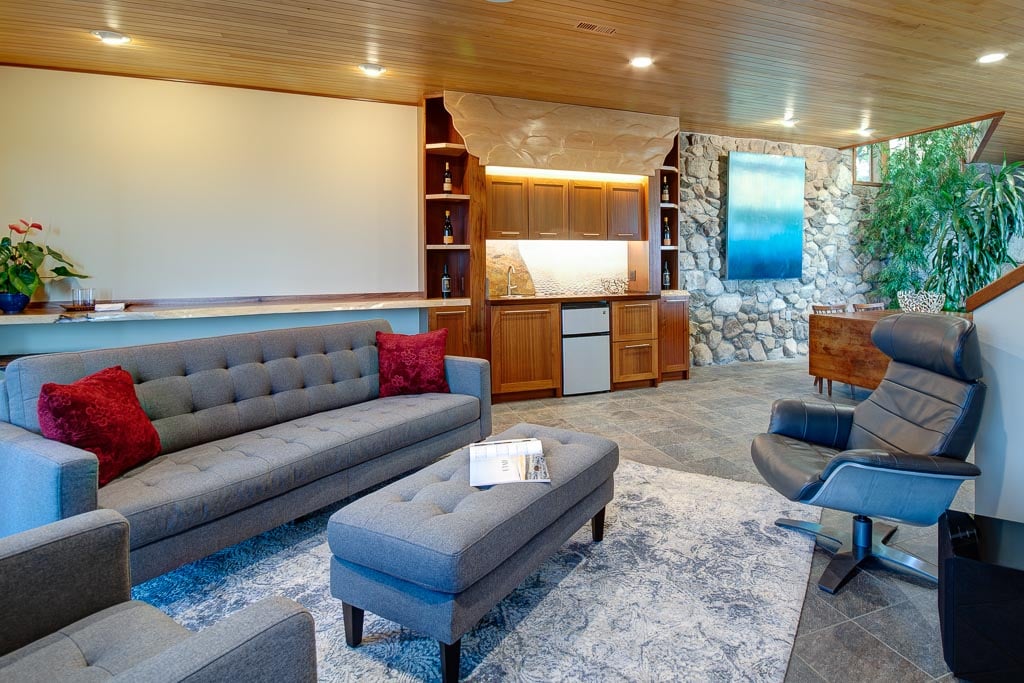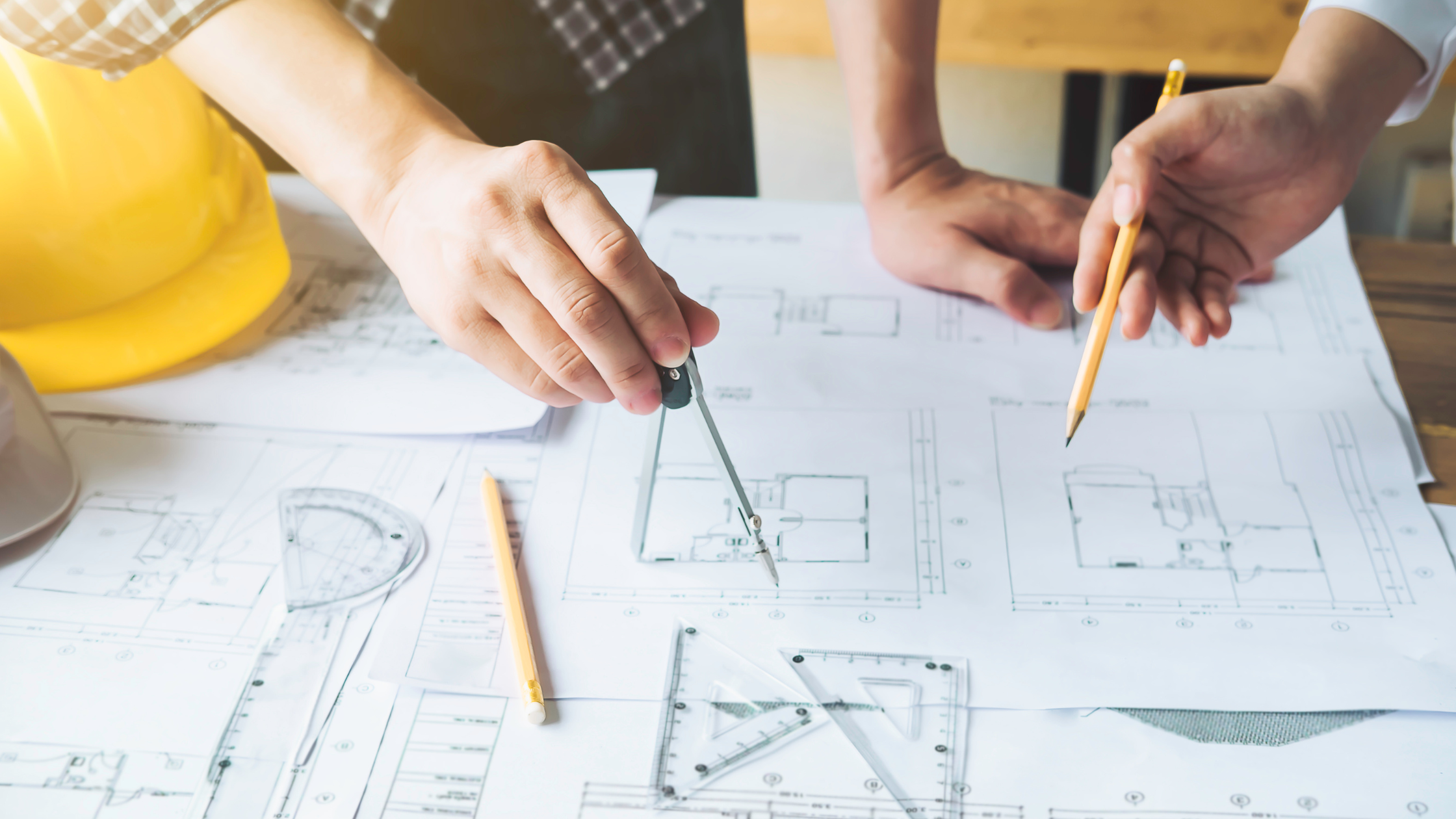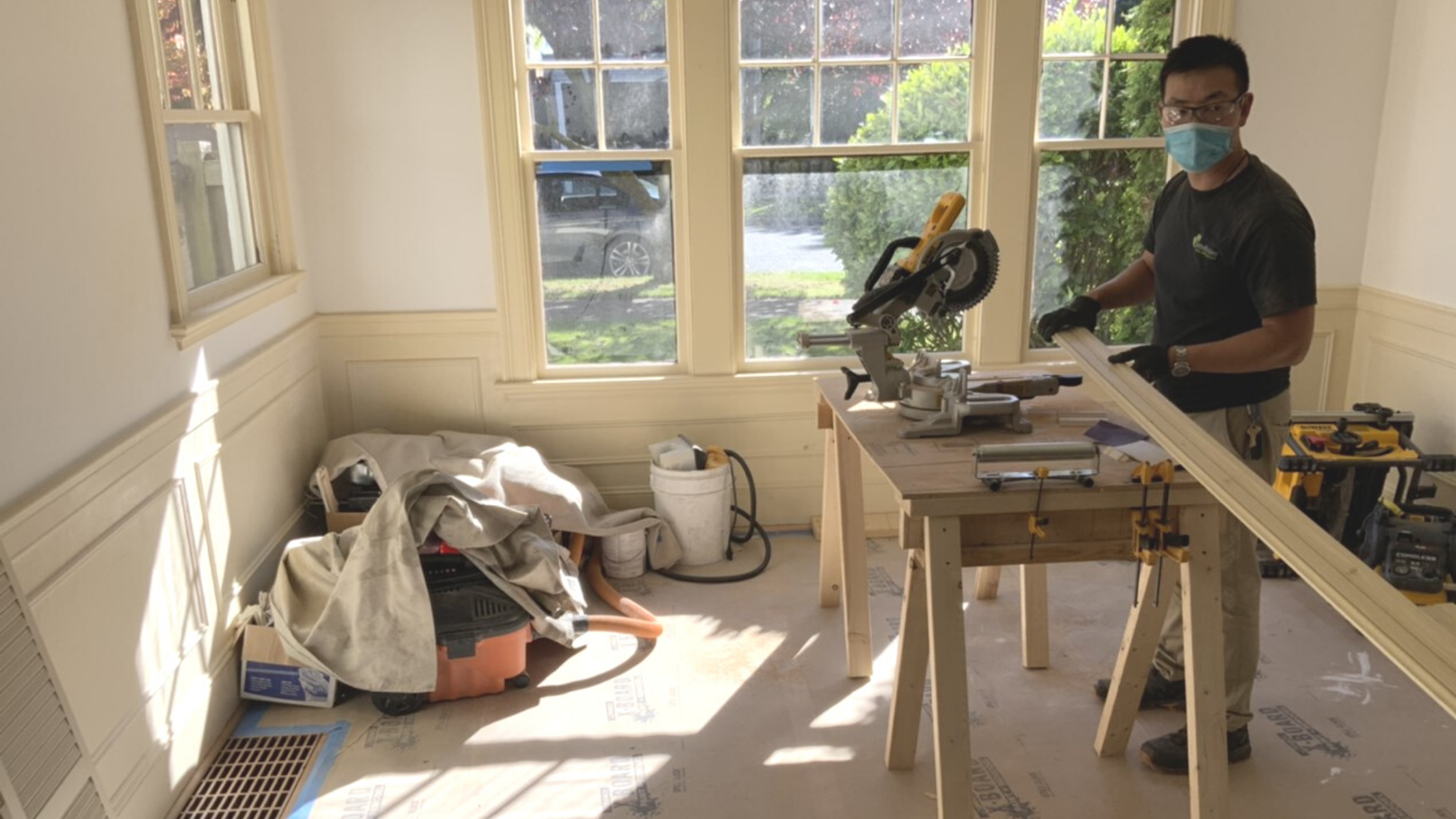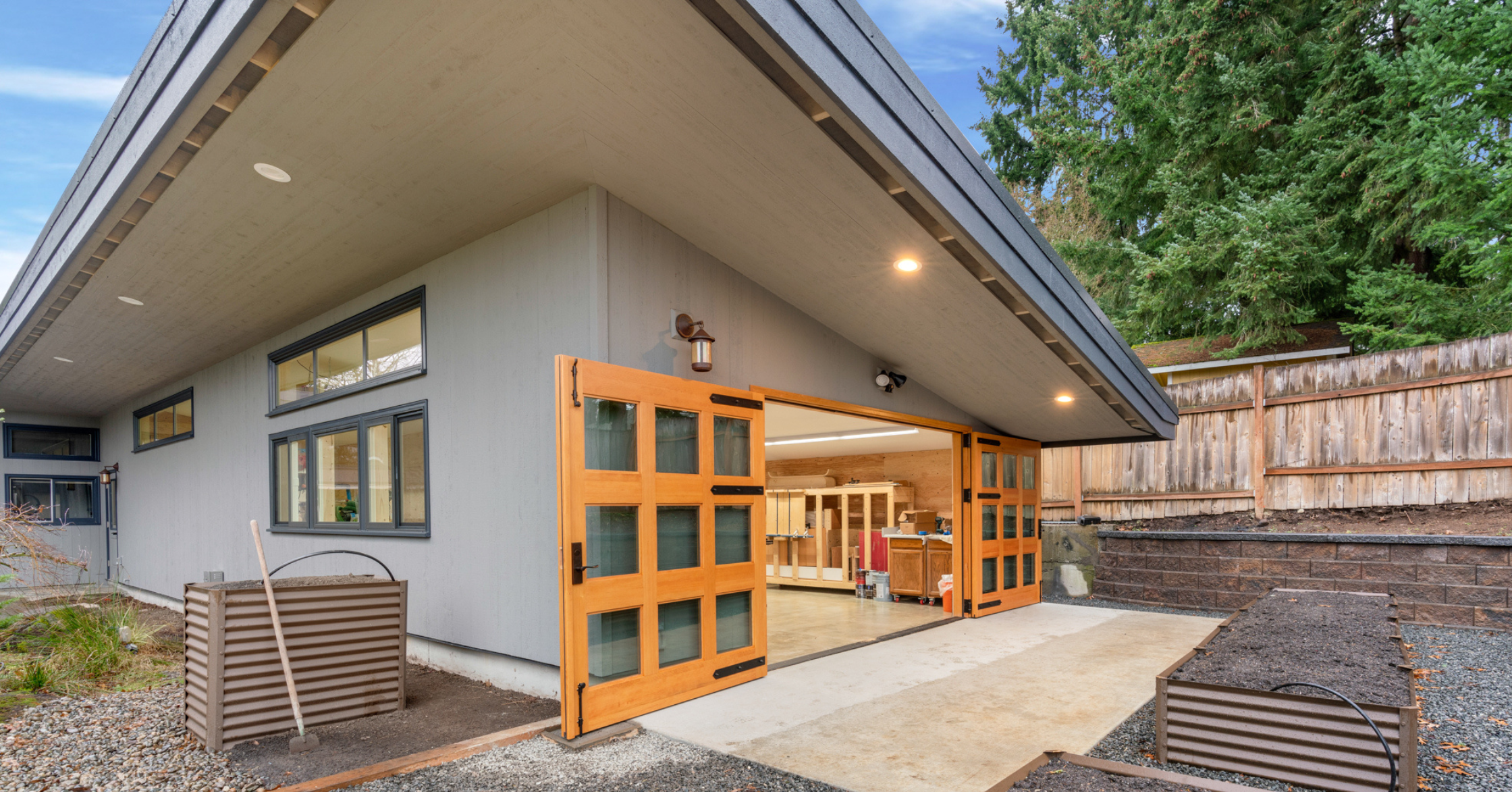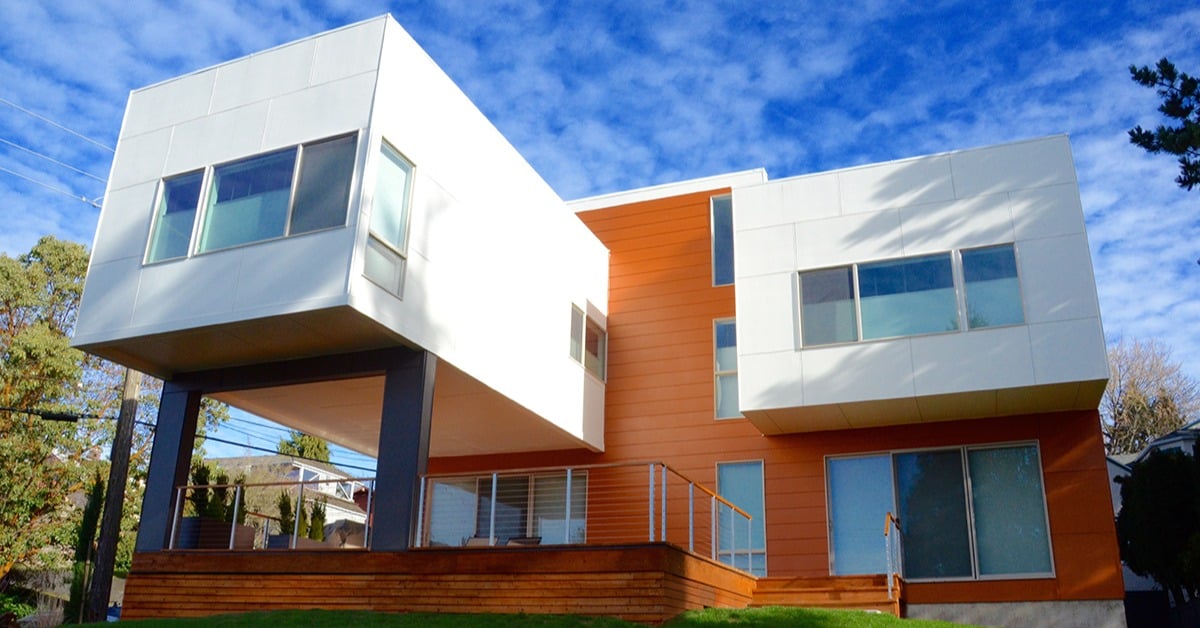A common question from homeowners considering a remodel project is, “can I pull my own permits?”
Yes, homeowners can purchase their permits and a benefit is you will not be charged sales tax. A risk is that you may not know which permits you need to apply for, or how to fill out some of the applications.
Alternatively, if the general contractor purchases the permits as part of the construction agreement, then sales tax will be included as it is part of the product or service being sold, but the contractor will be responsible for navigating the often-complicated permit process. The convenience of the contractor getting the permits is usually worth the cost of sales tax to save yourself the headache. If you are interested in trying to pull your permits for a home addition or renovation project, here are some important things to know.
This article focuses on Seattle, but it’s important to remember that local jurisdictions around Seattle will have their own requirements. It is recommended you always check with your local jurisdiction for specifics.
Do Home Renovations and Additions Need Building Permits?
When asking if your home renovation requires a permit – especially for projects that include an addition– the answer is almost always, yes. However, there are some exceptions–in the city of Seattle anything over $6,500 in value requires a permit, so some smaller value projects may eke by without a permit. Of course, some jurisdictions also have exceptions to the value rule. For example, in Seattle, a roofing project is an exception to the $6,500 rule, but in different jurisdictions like Burien, you do need build permits for a roof.
Generally, if you are replacing like-for-like you don’t need a permit in Seattle. As an example, if you are replacing kitchen cabinets and they’re over the $6,500 permit requirement, you don’t have to because you’re replacing something that was already there. Again, you should always verify with a building professional or your local building department.
What Permits Will I Need?
Local municipalities around Seattle will have their own requirements and it is recommended you always check with your local jurisdiction for specifics. Common permit types include, but are not limited to:
- Demolition permit: only for structural demolition–removing a portion of the existing structure footprint like removing part of the house to add on. Simpler demolition, like ripping out old cabinets, does not require a demo permit.
- Building permit: required for most projects, this permit is for any changes to the structure except for windows, siding, or roofing (in Seattle).
- Mechanical permit for HVAC (Heating, ventilation, air conditioning): required anytime you make a change to the mechanical systems - i.e., adding ducting to different or new parts of the house, changing out the old furnace to a new one, or installing a bathroom fan where there wasn’t one. You must be licensed in this field to pull a mechanical permit. This means a general contractor couldn’t pull this permit, the mechanical permit would be submitted by the HVAC subcontractor. The exception is that homeowners can pull the permit themselves, but they will be responsible for doing the work to code and having it inspected.
- Plumbing permit: you can change out fixtures without a permit because there’s a shut-off valve, but if you wanted to move the shut-off or add new plumbing including replacing in-kind (changing out galvanized with PEX (shorthand for cross-linked polyethylene) or copper) you would need a permit.
Electrical: You generally need an electrical permit for most electrical work. Even something as simple as relocating an outlet may require a permit due to high safety standards. You should always consult with a professional electrician before doing any electrical work. - Street-use permit: This permit covers anything that may be taking up space on a public street. This could include having to place a dumpster in the street, reserving the area in front of the house for concrete work, or even parking trucks for an extended time for deliveries. If you don’t get one, neighbors may call and report you, then the police could come and give you a stop work order.
When Should I Apply for a Building Permit? How Long Does It Usually Take to Receive it?
First, you must account for the prep work that needs to be done before you can even submit for a permit – i.e., construction-ready drawings, electrical plan, etc. The simple answer is that you should apply for your permits as early as possible. Most jurisdictions have a backlog, and it can take a long time for the offices to go through full plan review and approve your permits. The pandemic made this backlog even longer. Generally, it could take 3 -12 months to get a building permit approved depending on the complexity of the project.
How Much Does a Building Permit for a House Cost?
The cost of your permit is a valuation of the cost of construction, size, complexity, and how long the application review will take. If the contractor is doing the application for you, they can deduct management fees, so it's just a hard cost of labor and materials. Most jurisdictions have a publicly available building permit calculator. For example, SDCI provides an excel sheet to estimate your fees. A single-story project, with a work value of $100,000 estimates the total value of your project to be $252,340. Further calculation shows that the fees due for total plan review and permit would be around $4,475.
Do Building Permits Expire?
Yes, building permits expire. A Seattle building permit is good for about 18 months and can be renewed in 1-year increments for additional (reduced cost) fees. If you let the permit lapse, you have to get an entirely new permit and repay all the original fees.
Common Problems to Avoid
Oftentimes homeowners will try to submit for their permits and they find the local jurisdiction comes back with required revisions. These changes could be to the building permit, the plan set, or information that is missing, and clarification is needed. Common corrections typically come from human error or missing information, like a smoke detector not being listed where it should be. These revision requests get returned to the homeowner and they have a short window of time to make the corrections and return them, otherwise, the application gets kicked out and goes to the back of the line.
Sometimes the plan examiner makes a mistake. For example, if your neighbor has an older home with a different front setback line, then you can match it (unless you have a corner lot). The examiner may not be thinking about this exception to the rule and mark your plans with a setback violation.
Working with an experienced contractor who knows the rules and can provide additional suggestions to handle challenges saves the homeowner time and stress. It’s not uncommon for plan reviewers to make mistakes, and if you worked with a contractor to get the permits, the contractor can catch these errors before submitting the application. Working with a contractor makes things easier & faster.
Don’t Try This at Home
Getting the right permits for your project can be a very complicated process, and unless you are a professional in the building industry, it’s not in your best interest to do it yourself. It takes years of knowledge and research through volumes of information to fully understand all the code requirements in getting a building permit. It’s not information that’s easily absorbed by someone who doesn’t have experience. Work with a building team who knows what they’re doing to save time, money, and sanity.
There are many details that go into a home renovation. As an aid, we have put together a guide that will help you prepare for a successful home renovation. Download the eBook, "The Homeowner’s Guide to Planning a Remarkable Renovation."

